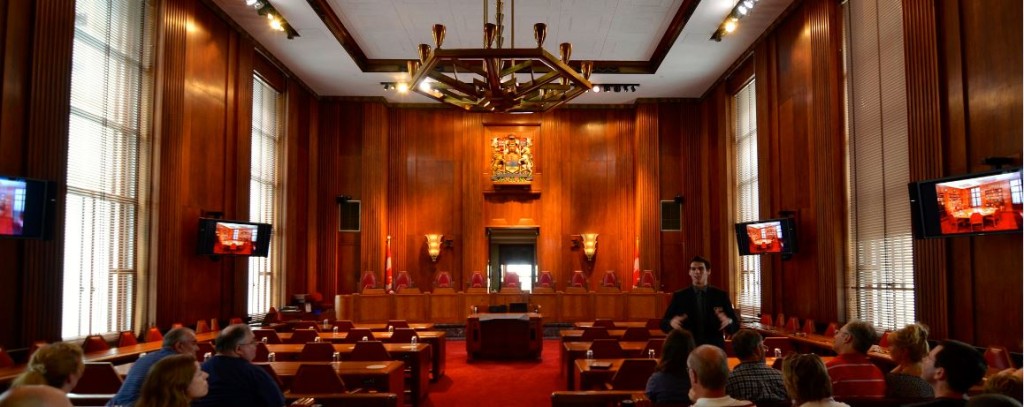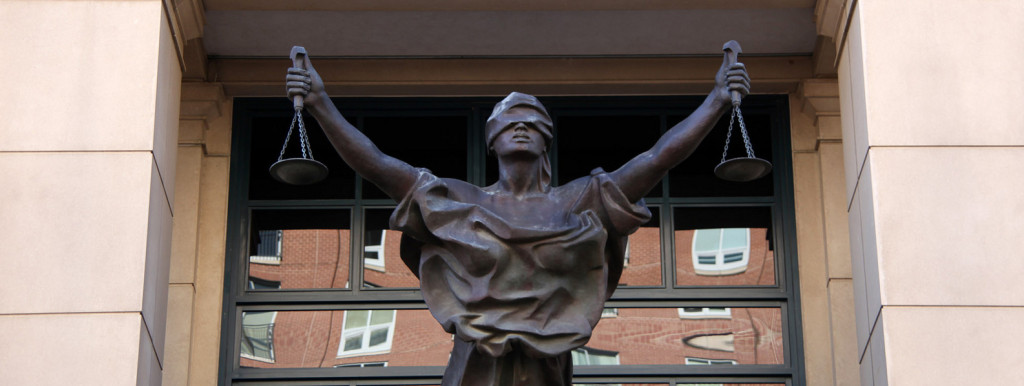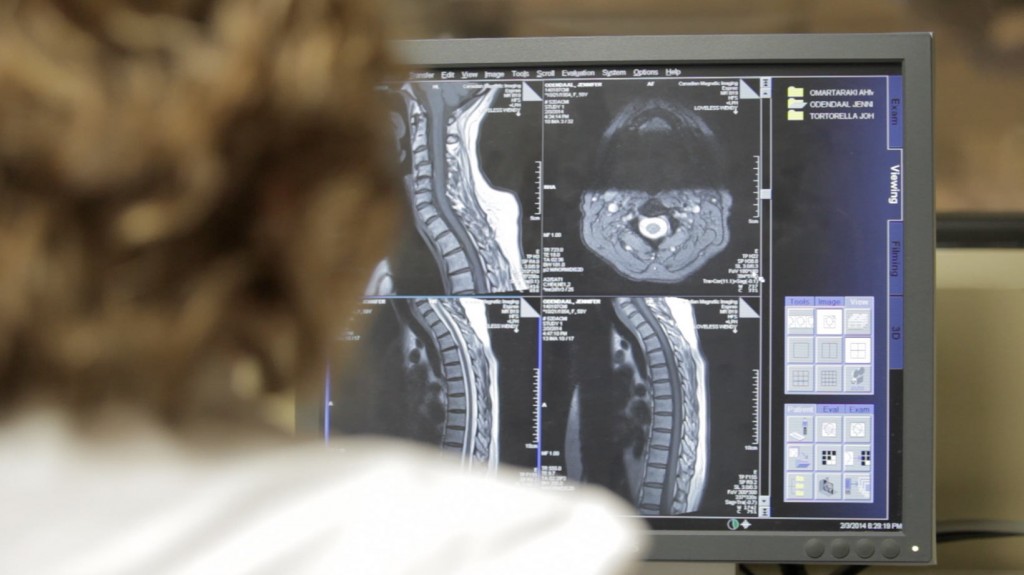Mussio Goodman Successfully Overturns Decision in the BC Court of Appeal
Posted on by Mussio Goodman
We are pleased to announce that the BC Court of Appeal unanimously agreed with the position presented by partner Thomas O’Mahony of Mussio Goodman, holding that the trial judge had not considered all the evidence when assessing whether the Plaintiff had taken reasonable steps to find the driver in the hit and run case.
The Court of Appeal additionally dismissed the argument presented by the Respondent ICBC, clarifying the law that there is no ‘2-step’ assessment to determining whether a person has acted reasonably first at the scene of an accident, and then in the time frame thereafter. Justice Horsman, writing for the panel, stated:
[25] I am not persuaded that the two-stage analysis set out in Cook is consistent with the language of s. 24(5) of the Insurance (Vehicle) Act or with the jurisprudence interpreting that provision. Undoubtedly, the question of whether a plaintiff has made all reasonable efforts to identify the other driver requires consideration of the plaintiff’s conduct at the time of the collision, as well as afterwards. This is because the question of whether the standard has been met must be assessed in the full circumstances of the case. It is a single inquiry into the reasonableness of the plaintiff’s efforts. There is, in my view, no justification in the language of s. 24(5), or the relevant case law, to bifurcate the analysis so as to create artificial constraints on what is meant to be a holistic assessment…
It is a reality that trial judges can and do make mistakes, just like everyone else. When this happens, it is important to have experienced appellate counsel like those at Mussio Goodman, who will fight to make sure that those mistakes don’t prejudice their clients.




